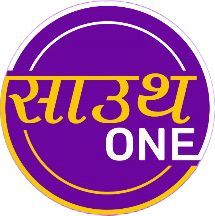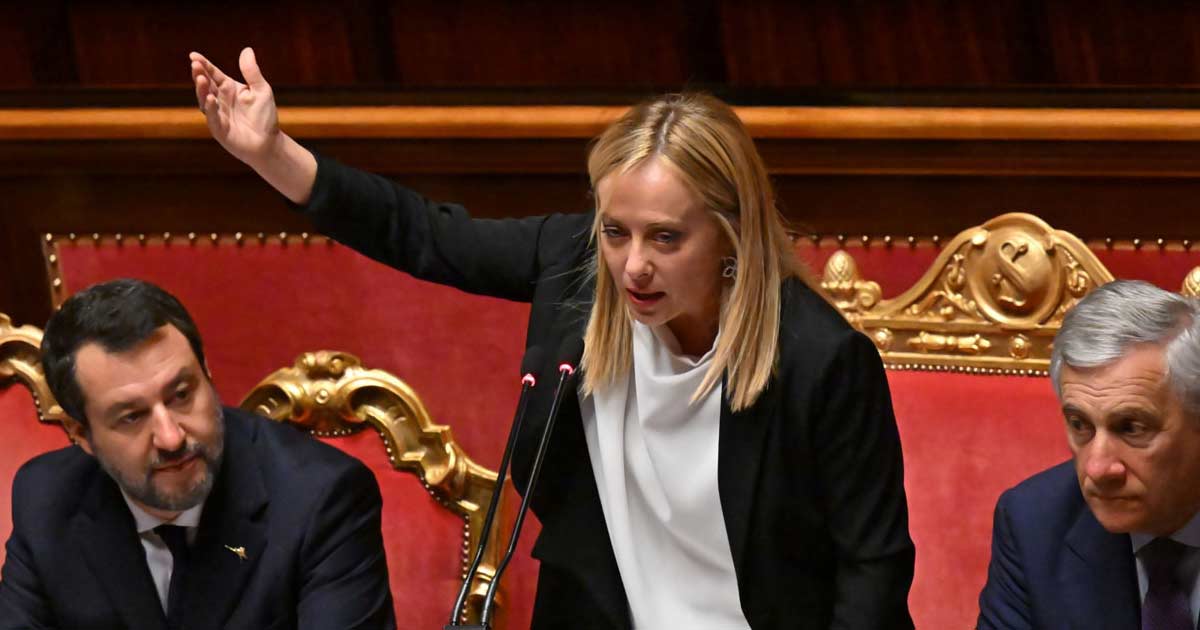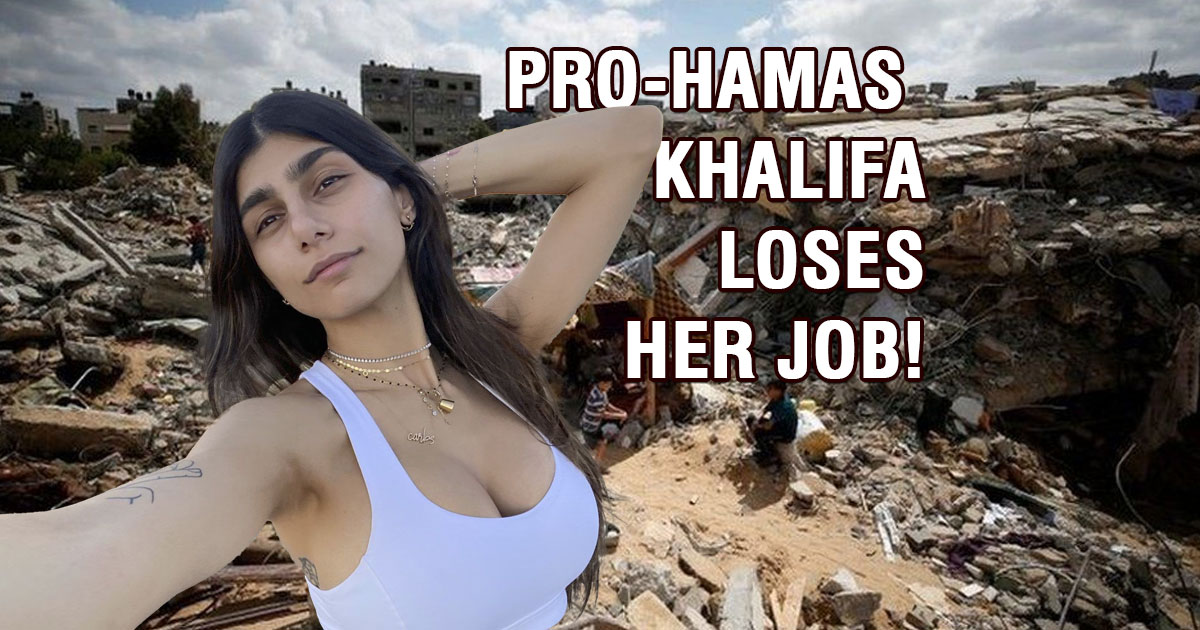I live in a charming Midwestern city in the United States. Recently, I had to face the difficult decision of leaving a job I loved at an organization that held my work in high regard, just as I respected their values. This life-altering circumstance stemmed from the fact that I was an immigrant on a student visa, and my application was not selected in the H1B work visa lottery. The resulting disappointment and frustration were palpable, not just for me but also for my American manager and company. Which is why when Vivek Ramaswamy, an American-Indian 2024 Presidential Candidate made it to the news recently for vowing to “gut” the system for H-1B temporary worker visas if he wins the White House, I was intrigued. His commitment to “replace the lottery system with a merit-based admission process” struck a chord with me. He characterized the current system as a form of “indentured servitude” that primarily benefits the sponsoring companies. Although this wasn’t true in my case, a similar sentiment reinforced by the stories I had heard from fellow immigrant friends made me nod in agreement.
Curious to know more about this seemingly up-and-coming politician, I googled his name, and that’s when it all went downhill.
Before we explore why he and his political ideologies don’t sit well with me, you must know that I am not a citizen of the United States. Therefore, I do not possess the ability to vote in U.S. elections, and my opinions about Vivek are not driven by political affiliations or a personal agenda to promote a particular party. My motivation stems from a genuine belief that his inconsistencies and hypocrisies need to be pointed out.
Born in Cincinnati to Indian immigrant parents, Vivek’s mother worked as a geriatric psychiatrist and his father was an engineer and a patent lawyer at General Electric. Vivek earned his undergraduate degree in Biology from Harvard University and went on to pursue law from Yale Law School. His Wikipedia page is quite distinct and colorful, to say the least; from openly mentioning his religious affiliations to digging deep to discover his rapper alter ego “Da Vek”, it covers a lot of fascinating details about his life. Who woulda thunk once upon a time Vivek was a frat boy? His Wikipedia page also provides extensive insights into his various business ventures, which, for the sake of brevity in this article, I won’t delve into. On February 21, 2023, Vivek declared his candidacy for the Republican nomination for President of the United States in 2024.
Since announcing his candidacy, he has been at the center of significant controversy with many contentious statements and endorsements of extremist ideologies. What particularly troubles me is his glaring hypocrisy. Here are a few instances illustrating this inconsistency:

It’s no secret that religion has a significant impact on elections in the United States. From garnering religious endorsements to fundraising efforts, there’s a discernible link between a person’s religious affiliations and their political inclinations. This dynamic creates a distinct voter base that politicians actively seek to engage. For example, white Evangelical Christians tend to align with the Republican Party, while Black Protestants often lean toward the Democratic Party. This understanding of demographic tendencies helps political campaigns to customize their messaging and outreach tactics accordingly. Much like the role caste plays in South Indian politics. It is also worth noting that 88% of the voting members of the 118th Congress are Christians. Nearly all congressional Republicans, 268 out of 271, or 99%, describe themselves as Christians.
While campaigning for the Republican presidential nomination, Vivek ‘Ganapathy’ Ramaswamy has been actively courting Evangelical Christian and Christian nationalist voters, given their significant presence within the Republican voter base. In one of his campaign interviews, he stated, “I’m Hindu, not Christian, and we are a nation founded on Judeo-Christian values. However, I confidently assert that I share those same values.”
Vivek frequently critiques secularism in his campaign speeches. Secularism, in the context of the U.S. Constitution, refers to the principle of separating religious institutions and State. It means that the government and its institutions are expected to remain neutral in matters of religion and not favor any particular religious belief or practice. Secularism is designed to safeguard religious freedom and prevent the government from wielding undue influence over religious affairs, thereby granting citizens the freedom to practice their religion.
Ironically, this would mean that if Vivek were to assume the presidency of the United States, he would, in principle, make sure he himself doesn’t have the freedom to practice his own religion.
Despite self-identifying as an environmentalist, Vivek dismisses the climate change agenda as a hoax and argues that the expenses associated with addressing climate change outweigh its actual impacts. While he doesn’t explicitly deny climate change, his proposed solution to the issue is “promoting human adaptation and mastery of climate changes through technological advancements.” He believes that achieving this goal necessitates not a reduction but an increase in the utilization of fossil fuels. He also argues that cold temperatures kill more people than warm temperatures. Quoting the Environmental Protection Agency, he says “More than 19,000 Americans have died from cold-related causes since 1979, according to death certificates, compared to more than 11,000 Americans who have died from heat-related causes in that same period.”
Personally, my relocation to the United States from a “developing country” was a privilege, much like it was for Vivek’s parents. I can only imagine that they too, when they moved here, shared my sentiments upon witnessing the extravagant consumption of resources by a select few when abundance is at hand. I regard this phenomenon as a privilege enjoyed by individuals in first-world countries. It underscores the contrast in resource access, utilization, and impact of utilization between different parts of the world.
According to the World Meteorological Organization, weather, climate, and water-related hazards caused 11,778 disasters between 1970 and 2021. Developing countries were hit hardest, witnessing 9 in 10 deaths and 60% of economic losses from climate shocks and extreme weather. Over 2 million deaths and US$ 4.3 trillion in economic losses; that was the impact of extreme weather due to climate change around the world, in the same timespan that is mentioned in Vivek’s earlier quote.
It’s imperative more than ever, for a U.S. presidential candidate not only to recognize but also to openly acknowledge the far-reaching consequences of climate change and carbon emissions on a global scale. Instead of “doing whatever is allowed to be most successful over the long run without regard to political, social, cultural or environmental agendas.” While it’s possible that his voter base may not prioritize these issues, my sincere hope is that he does.


Among the multitude of controversial statements made by Vivek, one that particularly amused me was his endorsement of raising the minimum voting age to 25. The entertainment, however, stemmed not from his remarks themselves but rather from the response they garnered. I’m referring to the #VivekIEdgeToYou campaign, launched by Gen Z as a direct response to his TikTok debut, which he explained in his first TikTok video as an effort to “reach young people and to energize young people.”
It’s worth noting the irony in Vivek’s proposal, which effectively disenfranchises a significant portion of the U.S. electorate. To put it in perspective, 9% of voters in the 2020 general election were under the age of 25. Yet, here is Vivek, seeking to connect with the same young demographic he wishes to curtail the voting rights of.
Taking a page out of Trump’s playbook, Ramaswamy has also expressed his desire to end birthright citizenship. While such a stance might align with Trump’s rhetoric, it strikes a humorous and ironic chord when it comes from someone like Vivek. After all, he himself is the son of immigrants and only became a citizen of the United States by virtue of his birth here.
Vivek has made numerous remarks on sensitive issues such as racism and casteism, which, to many, reveal a remarkable degree of ignorance. While his academic achievements, including graduation from two Ivy League institutions with prestigious fellowships and scholarships, may appear impressive, it raises questions when someone of such academic stature denounces race-based admissions as “a cancer on our national soul.” He has even pledged to put an end to race-conscious college admissions if elected as president. This irony becomes all the more evident considering that Vivek himself was a recipient of a fellowship that provides substantial financial support to students who are immigrants and the children of immigrants to the United States.


From presenting his ridiculous notion on Critical Race Theory to Whitesplaining Black history and the Civil War to a black journalist, and calling a black Democrat Representative and black writer and anti-racism activist “grand wizards of the Ku Klux Klan”, Vivek has left no stone unturned to further demonstrate his ignorance. Oh wait, did I mention that he made the rather curious comment that he might see a unicorn before he meets a white supremacist? Well, at least he can count himself fortunate in that regard.
But what hits closest to home is when he claims American-style capitalism is correcting the wrongs caused by the caste system in India, citing the frustratingly dim example of how a “lower-caste guy” can deliver Domino’s pizza and his Brahmin family even tips him to show appreciation. His Brahmin family.
There are many such inconsistencies that don’t sit well with me. They even exasperate me and rile me up. Vivek opposes abortion, terming it “murder”, and calls the LGBTQ movement a “cult” but argues that social media bans on Trump violate the First Amendment. He calls himself a scientist but regrets taking the COVID-19 vaccine. He is married to a doctor who was a frontline medical worker but says “COVID-ism is just one of the many secular religions we’ve embraced in America.”
In discussing his proposal to reform the H-1B visa program, Vivek also asserts “The people who come as family members (of H1B Visa holder) are not the meritocratic immigrants who make skills-based contributions to this country.” I am curious to understand what is Vivek’s specific criteria for defining “meritocratic”. My husband and I both hold Master’s degrees from prestigious U.S. institutions, a distinction shared by thousands of international students pursuing higher education in the United States. And also by countless second-generation immigrants born in the United States – individuals whom Vivek appears eager to relocate to their ancestral countries. Do we fit his definition of meritocratic? Does he even care or is he making such statements to make it to the news headlines. Is it people, or the country that he truly cares about or does this flakey stance exist only to appease to voters? It’s a question worth asking, not only for my benefit but also for yours.







